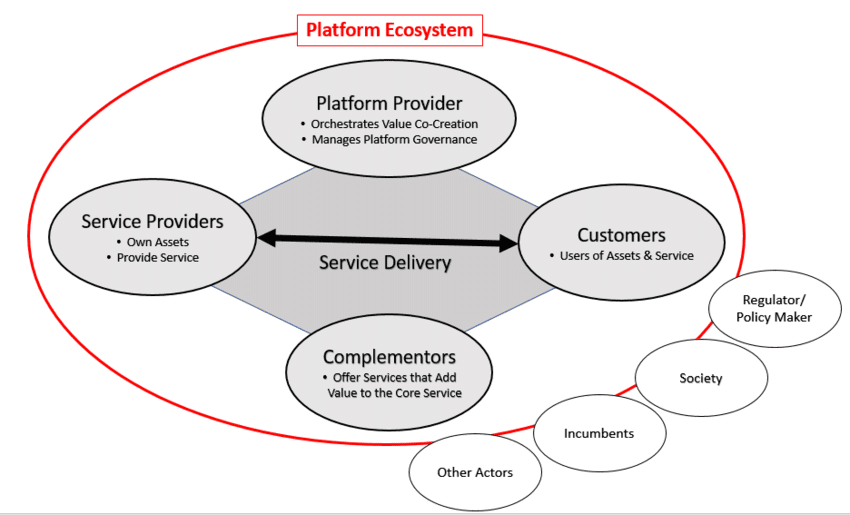
A new study shows that serious illness, struggling to hold down a regular job, and poor social relationships are just some of the adverse outcomes in adulthood faced by those exposed to bullying in childhood.
It has long been acknowledged that bullying at a young age presents a problem for schools, parents and public policy makers alike. Although children spend more time with their peers than their parents, there is relatively little published research on understanding the impact of these interactions on their lives beyond school.
The results of the new study, published in Psychological Science, a journal of the Association for Psychological Science, highlight the extent to which the risk of problems related to health, poverty, and social relationships are heightened by exposure to bullying. The study is notable because it looks into many factors that go beyond health-related outcomes.
Psychological scientists Dieter Wolke of the University of Warwick and William E. Copeland of Duke University Medical Center led the research team, looking beyond the study of victims and investigating the impact on all those affected: the victims, the bullies themselves, and those who fall into both categories, so-called “bully-victims.”
“We cannot continue to dismiss bullying as a harmless, almost inevitable, part of growing up,” says Wolke. “We need to change this mindset and acknowledge this as a serious problem for both the individual and the country as a whole; the effects are long-lasting and significant.”
The ‘bully-victims’ were at greatest risk for health problems in adulthood, over six times more likely to be diagnosed with a serious illness, smoke regularly, or develop a psychiatric disorder compared to those not involved in bullying.
The results show that bully-victims are perhaps the most vulnerable group of all. This group may turn to bullying after being bullied themselves as they may lack the emotional regulation or support required to cope with it.
“In the case of bully-victims, it shows how bullying can spread when left untreated,” Wolke added. “Some interventions are already available in schools but new tools are needed to help health professionals to identify, monitor, and deal with the ill-effects of bullying. The challenge we face now is committing the time and resources to these interventions to try and put an end to bullying.”
All the groups were more than twice as likely to have difficulty in keeping a job, or committing to saving compared to those not involved in bullying. As such, they displayed a higher propensity for being impoverished in young adulthood.
However, the study revealed very few ill effects of being the bully.
The Latest Bing News on:
Effects of Bullying
- Feed has no items.
The Latest Google Headlines on:
Effects of Bullying
[google_news title=”” keyword=”Effects of Bullying” num_posts=”10″ blurb_length=”0″ show_thumb=”left”]
The Latest Bing News on:
Fix the internet
- How to fix the ‘Not Registered on Network’ error on a Samsung Galaxy phoneon April 27, 2024 at 3:01 am
Have a Samsung phone? Seeing an annoying Not Registered on Network error and unsure what to do about it? Here's everything you need to know to fix it.
- The 43 Most Popular Amazon Items E! Readers Bought This Monthon April 27, 2024 at 3:00 am
A lot of us have experienced that one dead zone at home where the internet barely works and you just keep hitting refresh, waiting for a page to load until you just give up and head to another room.
- How to Fix the "No Internet Secured" Error on Windowson April 26, 2024 at 8:00 am
The message "No Internet, Secured" usually appears when your connection is weak. You can reboot your router to refresh your network, which might also improve its speed. Alternatively, you can also ...
- Federal subsidy connecting 367,000 Massachusetts households to internet is expiringon April 25, 2024 at 5:04 am
The federal program providing low-income households with $30 a month for internet access, is coming to an end. More than 50,000 households in Boston are currently enrolled in the program.
- How to Fix Search Results in the Windows 11 Start Menuon April 24, 2024 at 3:01 pm
Windows 11's start menu, by default, searches the internet and your computer at once. Here's how to keep things local.
- Algorithmic Curation Is Ruining The Internet. Here's How to Fix Thaton April 24, 2024 at 6:00 am
Machine learning researchers at Stanford have developed an innovative way to moderate online content—one that could potentially make the web less polarizing and divisive.
- Internet For Gaming: The Best NBN Plans To Help Fix Your Pingon April 23, 2024 at 9:57 pm
If your lagging is getting out of hand, you might be looking into finding the right internet for gaming. Here are our top tips and ISPs.
- Forward Thinking: Can feminism fix the internet?on April 23, 2024 at 5:37 pm
Dr Kerry McInerney is a research fellow at the Leverhulme Centre for the Future of Intelligence, University of Cambridge, and the AI Now Institute. This is the last of four programmes from the Oxford ...
- How to fix the VAN 84 error in VALORANTon April 23, 2024 at 4:10 pm
Disable IPv6: While less common, some users have reported success fixing the VAN 84 error by disabling IPv6. Close the Killer Prioritization Engine: This Intel-related background process was reported ...
- How Apple Could Help Small Businesses--and the Environment--by Making its Devices Easier to Repairon April 22, 2024 at 3:15 pm
Tech manufacturers are making it harder to fix devices. Here's how the right-to-repair movement hopes to make repairs more accessible.
The Latest Google Headlines on:
Fix the internet
[google_news title=”” keyword=”fix the internet” num_posts=”10″ blurb_length=”0″ show_thumb=”left”]









